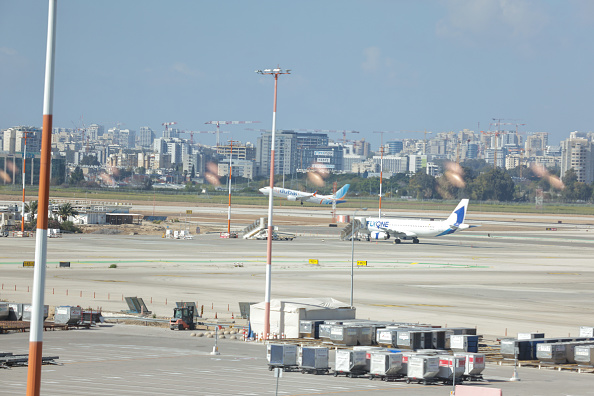Airports Council International (ACI) World has raised alarm over a new international tax proposal on air travel, cautioning that such a move could threaten global connectivity, economic development, and the aviation industry’s sustainability efforts. The concern follows the announcement by eight countries—France, Kenya, Barbados, Spain, Somalia, Benin, Sierra Leone, and Antigua & Barbuda—who formed a coalition ahead of COP30 to push for a new levy on air transport, particularly targeting premium-class passengers. The goal, according to the coalition, is to raise funds for development, climate resilience, and public health initiatives.
While acknowledging the importance of global climate and development goals, ACI World Director General Justin Erbacci warned that taxing aviation risks doing more harm than good. “We fully support the global pursuit of sustainable development and climate resilience,” said Erbacci. “However, targeting aviation with additional taxes is likely to undermine the very connectivity and economic growth that support these goals. The aviation sector must be empowered—not penalized—if we want to achieve long-term global progress.”
ACI research has shown that taxes on international air transport tend to reduce air connectivity and stifle regional growth. According to a study on global aviation taxation, eliminating the existing $90 billion in aviation taxes could generate 5.2 million jobs and add $180 billion to global GDP. The proposed new tax could disproportionately affect regions that rely heavily on air transport for trade, tourism, and development, ultimately reducing the sector’s positive economic impact.
The coalition of countries behind the proposal insists that proceeds will go towards “resilient investments and fair transitions.” However, ACI World expressed concern about the potential misuse of funds and a lack of accountability, noting that such taxes often get diverted away from their intended purpose.
Furthermore, ACI cautioned that imposing a new global tax on aviation could undermine the sector’s net zero ambitions. Under the leadership of the International Civil Aviation Organization (ICAO), the industry is already committed to reaching net zero carbon emissions by 2050, through a comprehensive strategy that includes the Carbon Offsetting and Reduction Scheme for International Aviation (CORSIA), investments in sustainable aviation fuels (SAF), infrastructure modernization, and low-emission technologies. Diverting financial resources away from these priorities could jeopardize progress.
ACI World joined other global aviation bodies—including ICAO, the International Air Transport Association (IATA), and the Air Transport Action Group (ATAG)—in urging governments to avoid uncoordinated, fragmented tax measures that risk distorting competition and disproportionately affecting developing economies. The organization called for smarter, globally consistent solutions that align with the industry’s sustainability goals without undermining its ability to deliver economic value and environmental progress.
















